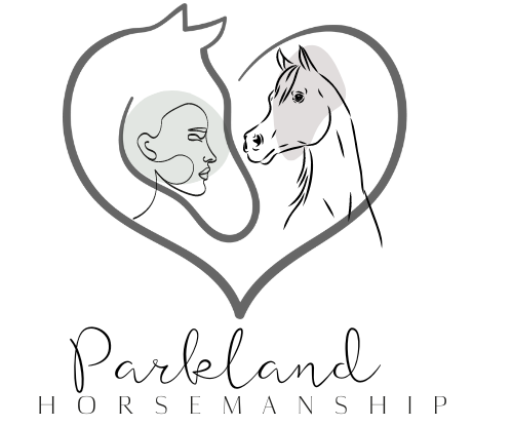One such non-talk-based therapeutic option available to individuals experiencing mental health and behavioral challenges is Equine Assisted Learning.
EAL lessons are led by a PATH International Certified Equine Specialist who tailors sessions based on participant social and emotional goals using horsemanship activities, as well as building muscle memory for life skills such as self-advocacy, leadership and communication.
Physiological Arousal
Horses provide an environment in which participants can overcome fear, build confidence and gain new insights into life situations. Their prey nature also teaches them how to remain grounded and secure within themselves; teaching them how to manage physiological responses such as anxiety, stress and anger in themselves.
Yerkes-Dodson law states that as cognitively challenging tasks increase, so too will their optimal level of alertness diminish. Equinine assisted learning courses offer individuals an exceptional opportunity to interact with horses while simultaneously developing verbal and nonverbal communication skills, teamwork abilities, emotional regulation skills and self-esteem.
Training for Equine Assisted Learning differs between programs depending on who they accept into their programs, the curriculum content they offer and certification procedures. Natural Lifemanship offers an online, self-paced course to allow students to move through learning at their own pace while simultaneously gaining hands-on experience in their community with a mentor.
Emotional Arousal
Horses’ ability to recognize and respond to emotional arousal makes them an effective learning tool. People interacting with horses feel an immediate bond with them which in turn promotes self-change leading to increased calmness and control in themselves.
People may initially feel intimidated and fearful when encountering large, unpredictable prey animals like horses; but over time as they learn how to effectively communicate with their horse, their anxiety starts easing off as the horse proves themselves as trustworthy leaders, leading them towards feeling accomplished, proud, and confident.
At Risk youth can find success through our program for many reasons, one being that our equine assisted learning programs aim to foster character development while controlling maladaptive behaviors while encouraging social emotional learning (SEL).
Cognitive Arousal
Horse assisted learning allows participants to interact with horses as teachers. As prey animals, horses are highly aware of their surroundings and sensitive to human emotions – making them excellent natural teachers. Our EAL facilitators have been specially trained to guide individuals, families and groups through this human/horse interaction to teach skills that strengthen interpersonal relationships.
Research shows that EAL is associated with the development of life skills that can promote educational achievement, social competence and personal wellbeing. These life-skills may relate to personal or professional goals such as self-advocacy, effective communication or teamwork.
EAL differs from EAT by being more focused on education and personal/professional development goals rather than mental health challenges. EAL facilitators without mental health training usually lead sessions; it may also be managed by credentialed educators/leaders or licensed clinical behavioral healthcare professionals.
Social Arousal
Horses provide an ideal setting for people to overcome fear and practice vulnerability in a safe and supportive environment. Interacting with horses has also been shown to foster trust between clients and horses as well as impart a sense of responsibility that they can carry into everyday life.
EAL differs from EAT in that it involves educational approaches with specific learning goals and objectives that may be implemented without professional mental health guidance. Equine professionals often facilitate EAL without receiving specific mental health training.
Research has shown that Equine-Assisted Learning (EAL) can significantly enhance teamwork, communication and leadership abilities among its participants. This is due to working with horses requiring high levels of interpersonal coordination and social awareness as well as responding to nonverbal cues – much like how people work and communicate together in daily life.

